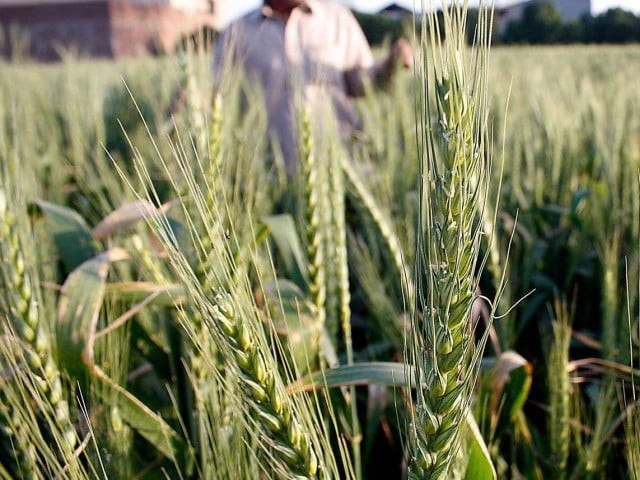E-billing planned for irrigation consumers
Pilot initiative to be launched in three subdivisions

The Sindh Irrigation and Drainage Authority (SIDA) is planning to introduce e-billing to irrigation consumers. A meeting chaired by SIDA chairman Engr Abdul Basit Soomro in Hyderabad on Friday announced that a pilot initiative of e-billing will be launched in three subdivisions in as many area water boards operating under SIDA.
"The purpose of establishing SIDA was to make the irrigation department self-sustaining, but unfortunately, this could not transpire," Soomro said.
The meeting was informed that Punjab is already collecting water bills electronically while the same model will be applied in Sindh to plug the leakages in the bill collection. Soomro said that the bill will be calculated with the help of satellite images and a field survey of the irrigation consumers' agricultural lands.
The pictures of satellite images will also be copied on the bills, which are served by-annually for Rabi and Kharif seasons. The SIDA charges Rs50 to Rs200 per acre for different crops, while sugarcane growers charge the highest rate.
However, the existing method of the collection of irrigation bills is tainted by corruption and favouritism with the authority missing its revenue targets every year. Initially, the e-billing will start on a minor level in the Jhuddo subdivision in the Nara Canal area water board, the Daharki subdivision in the Ghotki Feeder Canal area water board and the Gaaja subdivision in the Left Bank Canal area water board.
During the meeting, the SIDA chairman also sought recommendations to increase revenues through e-billing in those three subdivisions. Soomro said the authority will write to the Sindh Senior Member Board of Revenue to ensure that the water bills are paid before the department executed the change of ownership of agricultural land.
SIDA General Manager Transition Ghulam Mustafa Ujjar said that Punjab is collecting a flat rate for all he crops, unlike Sindh. He said that Punjab's information technology department helped the province's irrigation department to switch to e-billing, while in Sindh, SIDA needed to computerise all the manually registered records of its consumers.



















COMMENTS
Comments are moderated and generally will be posted if they are on-topic and not abusive.
For more information, please see our Comments FAQ